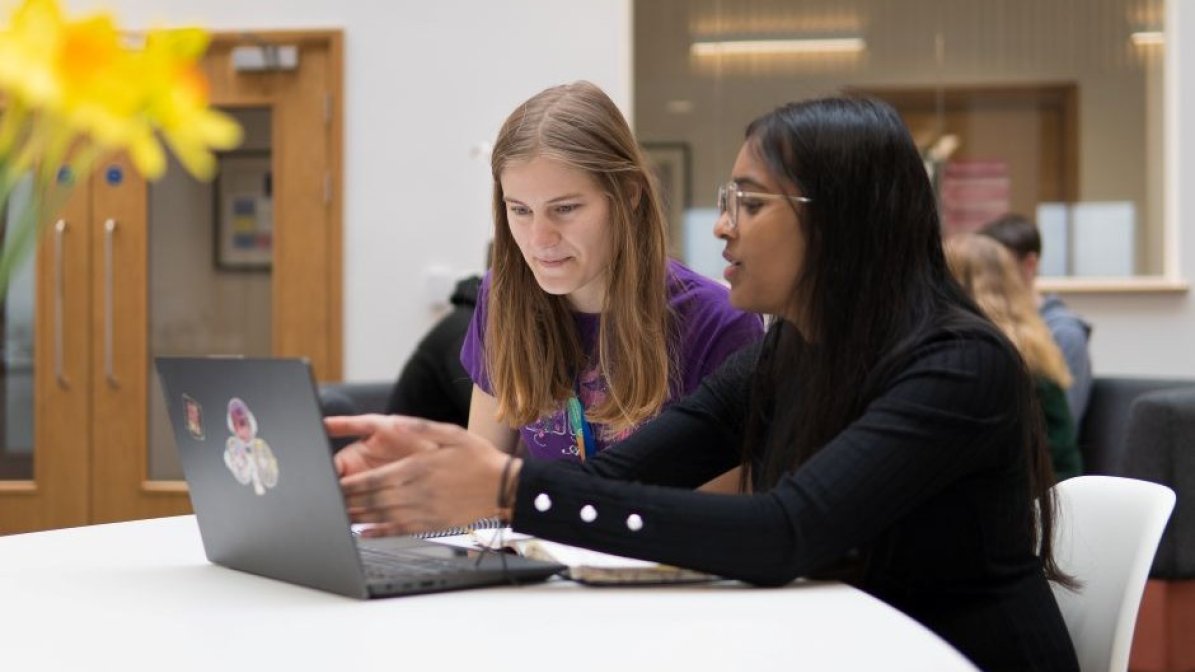
The One in Five Podcast
The One in Five Podcast is a series created by disabled students, for disabled students thinking about going to university. You can listen to the One in Five student panel talking about a range of topics based on their lived experience by clicking the episode links below.

